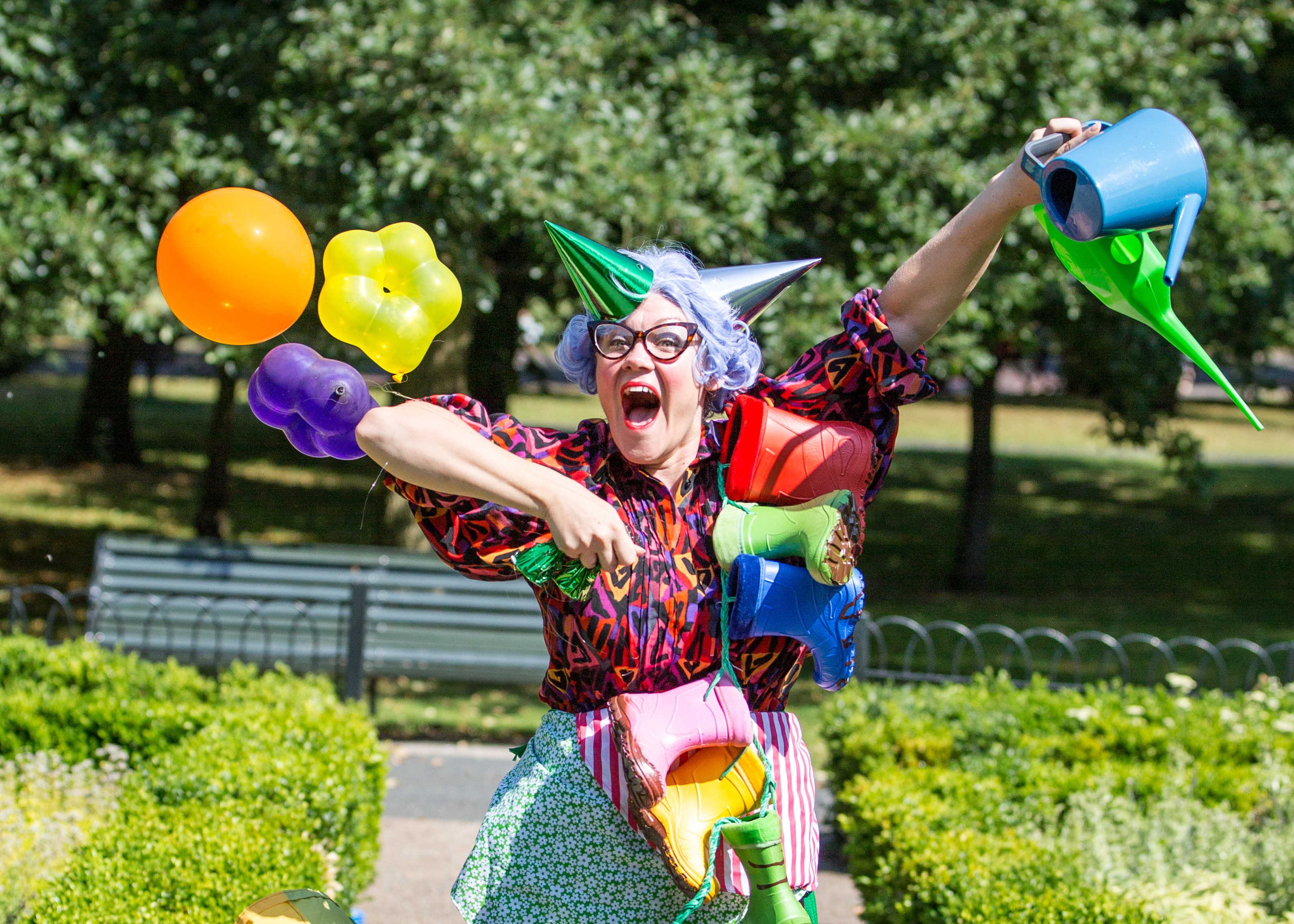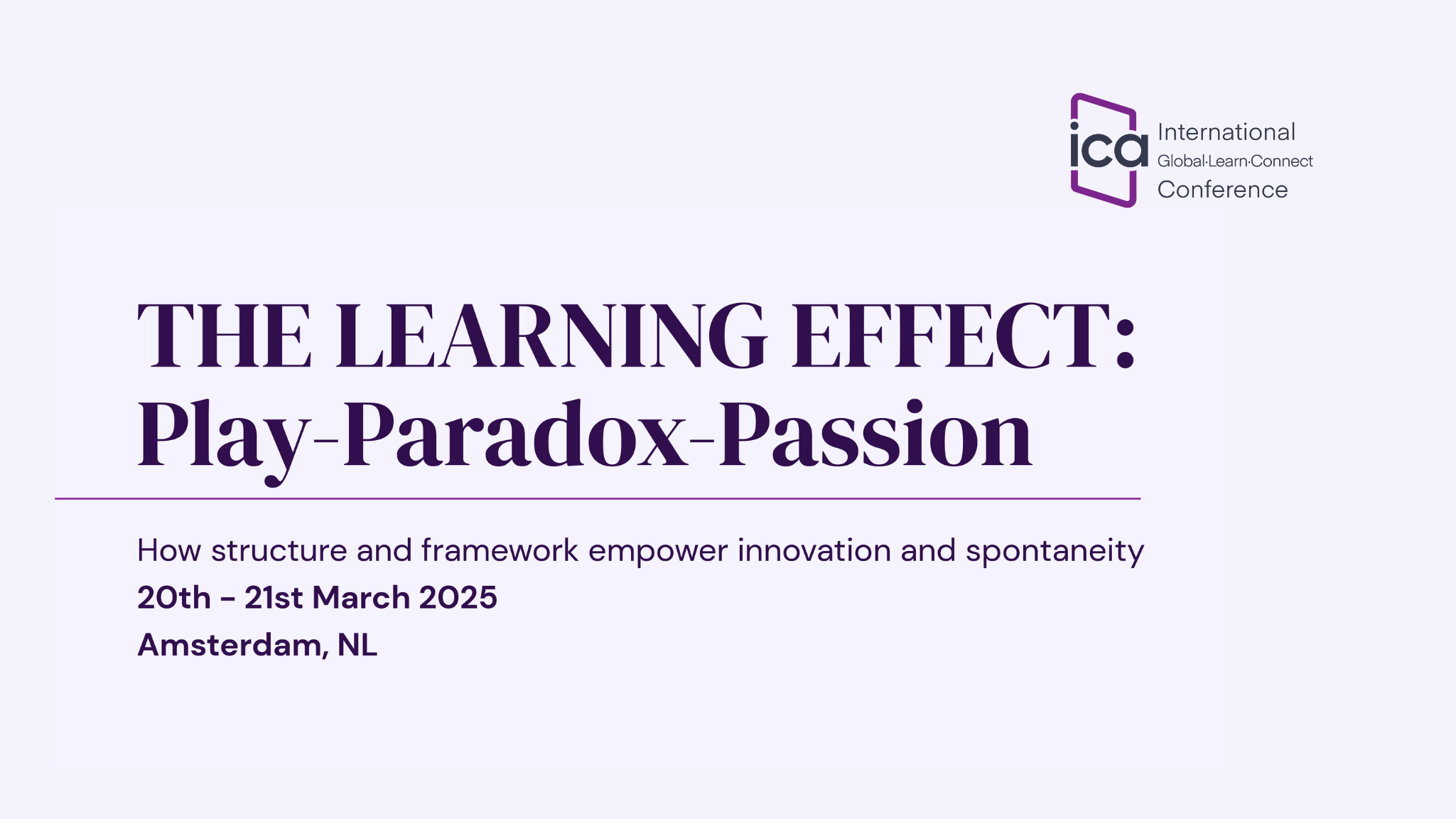THURSDAY 28 APRIL 2022
How the International Primary Curriculum has improved every element of Green Dragon life
PrimaryFacebookTwitterLinkedInEmail
Green Dragon Primary have used the International Primary Curriculumto improve our school for well over ten years now. Making the Personal Learning Goals our own over the years, we’ve received countless brilliant training sessions from the IPC staff.
These sessions helped us to embed the IPC Personal Learning Goals, but also to realise (quite quickly) that we needed to personalise them. We involved our whole staff team (SMSAs, office staff, teaching staff) to learn the purpose behind the goals first. After that, we were able to describe how we wanted children to be when they leave Green Dragon at the end of Year 6. With this in mind, we created our own nine Personal Learning Goals. They were based on the IPC’s, but we edited them slightly to fit our community. We wanted aspiration and ambition to be part of our goals, for example, once all staff had helped to make them, we were ready to share them with the children and parents. We had come to realise that we wanted a way to help children know, use and understand the goals more.
We decided upon characterising our personal goals. Within an hour of discussing, we had nine brand new personal goal superheroes ready to help our children prepare for the changing world around them! Children, staff and parents loved them and began to learn more about them. We had days when children came in dressed as a personal goal superhero. We held parent workshops where children trained parents to know more about them and how personal goals are important in all areas of life.
A challenge we face is ensuring children, parents and new staff don’t call our personal goals just ‘superheroes’. Resilience at Green Dragon is represented by a cartoon character called Resilient Robin, but we still must describe this characteristic as ‘resilience’. We still must ensure our staff and community know that resilience is a skill that we practise. The skill of resilience helps us to become better at handwriting or basketball or drawing maps. Resilient Robin helps us to become more resilient by reminding us to keep trying, to ask for help, to never give up BUT Resilient Robin isn’t the personal goal!
Making the IPC Units our own
We are a state primary school in the West London county of Middlesex. As we are a state school, we have to follow the National Curriculum. This means that we have to ensure that, through the IPC units (we call them projects), cover all areas of the National Curriculum. Our staff and community love the IPC and couldn’t imagine Green Dragon without the IPC, but we have had to make some amendments to make sure it works for a school with very high levels of children with SEN and the undeniable pressures of OFSTED.
Over the past few years, we have created curriculum maps that show the IPC units, the National Curriculum learning goals (also taken from the IPC units) and other areas of our curriculum. We begin every autumn and spring terms with Brianwave units. In Autumn, these are heavily based on the IPC Brainwave units for each Milepost. However, the spring unit is more planned to what the needs of the class and year group are. For example, where a class may need more support with resilience or team building, we spend the time focused on personal goals. If a class needs more help identifying, remembering and specifically discussing the subjects then that would be the focus. The IPC Route Planner has helped us, for years now, ensure that our curriculum maps cover all areas of the NC.
To make sure that our curriculum covers all areas of the National Curriculum in the way we want our subject areas to progress, we have sometimes amalgamated two projects together. In Year 4, we have merged ‘Turn it Up’ and ‘Shake It’ into one science heavy project where children explore Solids, Liquids and Gases before moving to learning about sound. We found that the link between particles helped us to form one project and to create one corresponding knowledge organiser.
As we now have several members of staff who have taught the IPC for many years, and have been on countless training sessions in school and out, we have also felt empowered enough to create some of our own IPC projects. We have made a local history project, a local geography project, and WW1 and WW2 projects. All these projects have the same knowledge organisers as the IPC projects (we make our own knowledge organisers for every project using the IPC Big Picture pages to support with ‘key facts’) and follow the same learning cycle, for example, Entry Point, Knowledge Harvest.
Making the Knowledge Harvests our own
Teachers have regular IPC training sessions built into the year. We always start the academic year with full days of IPC training, and then many many Monday evenings are spent working on areas that have been identified as needing more support.
How does a subject progress through an IPC unit?
How do we teach for memory?
How do we research and record in different ways?
During the days at the start of this academic year, teaching staff were taught areas such as: how to plan a unit; how to plan a lesson; the importance of explicitly teaching personal goals, and some ways to do this; retrieval practice. With these areas in mind, and our worry about gaps due to lockdown, we have slightly edited our knowledge harvests. Over the years, we have tried different ways to find our children’s starting points so we can plan more bespoke lessons and then ways to assess their progress at the end through a learning review.
One knowledge harvest/learning review that we loved a few years ago was taken from other IPC schools- it’s always good to pop around to explore other schools! We used to give children an activity sheet (writing/ labelling/ drawing) to complete with questions based on the IPC unit and suggested Knowledge Harvest. Children would complete this at the start, and again at the end of the unit. We use our Knowledge Organisers and curriculum maps to do ‘backward planning’. We ask questions like:
What is the main subject of this unit?
What do we want every child to know / be able to do better by the end of the unit?
These help us to create short assessment activities which help pitch planning. As a result of lockdown gaps, we are often having to go back to previous year groups. For example, Year 5 often have to do a Knowledge Harvest based on Year 3 areas of learning to check their memory of these areas first.
As with most in the world of teaching, we are faced challenges to overcome daily, and will continue to do so. For example, with new headteachers came new school visions, and with new visions, the Personal Learning Goals became jeopardised. We’ve been lucky that although the wording or aesthetics of our vision may have slightly changed over the years, our goals stay at the forefront.


